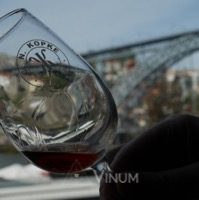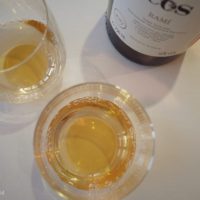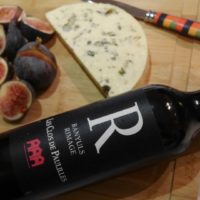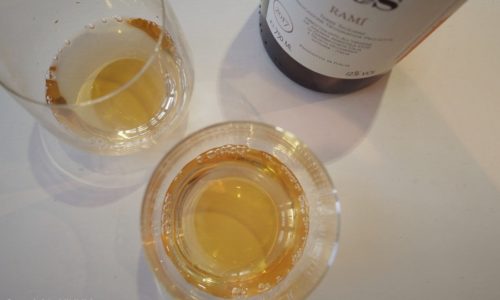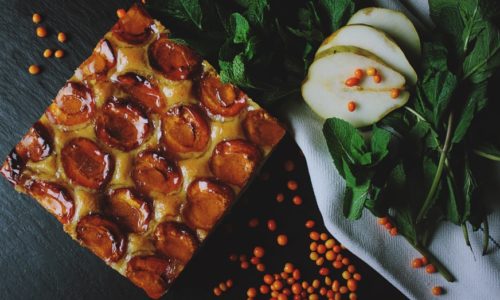As much we would kill for a cavernous stone cellar in which to store our wines, or failing that, a state-of-the-art wine fridge, this is sadly beyond the means of many of us. Nevertheless, here’s the good news: you can keep wine rather well without buying expensive bits of kit or undermining the foundations of your house by digging a cellar!
It’s Official! You don’t need to store wine on its side!!
The ‘rules’ for keeping wine have relaxed significantly in recent months since a team of researchers in Portugal debunked the myth that wines with corks need to be stored on their sides. So there’s no need to go out and buy an expensive wine rack either! Hooray!
Traditionally, it was thought that storing wines horizontally allowed some contact between the wine and the cork, thereby preventing the cork from drying out and potentially letting oxygen into the bottle. As it turns out though, there is plenty of moisture between the wine and the cork when the bottle is upright to ensure the cork doesn’t dry up.
In fact, the researchers went further and found that storing wine horizontally may actually be more detrimental to the wine than keeping it upright. Constant contact with liquid may in fact hasten the disintegration of the cork molecules.
Obviously, bottles sealed with a screw cap or glass stopper can be stored in any direction.
Extreme temperatures are the enemy: Don’t keep your wines in the kitchen!
The main threat to wine can be prolonged high or low temperatures or sudden fluctuations in temperature. The reason for this is that heat increases the rate of chemical reactions in the wine and effectively ‘matures’ the wine more quickly.
If you go over 30 degrees then the heat will actually destroy many of the flavour compounds and ruin the wine. Similarly, at below –4 degrees, wines begin to freeze and force the cork out of the bottle.
And this is why you should not keep wines anywhere near the kitchen, the one room in the house where temperatures reach the highest and fluctuate the most. Kitchen designers don’t seem to have realised this, because every catalogue seem to make room for a wine rack right next to the cooker!
Ideally, for long-term storage, you want your wines at between 10 and 12 degrees. But if you’re only keeping them for a year or so, then nothing bad is going to happen up to about 18 degrees.
Dark and damp
Bright light and overly dry atmospheres aren’t great for stored wines. Exposure to light damages the flavours in wine, which is why most wines are bottled in dark glass. A little bit of humidity is also good, because if the air is too dry, the cork can potentially dry up over time.
So, where to put the wines….?
Given these factors, where, in an average house, can you happily keep your burgeoning wine collection? Well, the main problem in a modern house is that central heating often keeps homes over 21 degrees and dries out the air. You don’t want to keep the wines in a shed either, because the temperatures in the winter might go below –4 degrees.
Don’t fret! There are options. Find a place that is relatively far from heaters and light – under-stairs cupboards can be good. We keep ours, upright underneath a piano in the corner of a room, for example.
If your house is particularly dry you can place a small bowl of water near the bottles to ensure a steady source of moisture. But remember, there’s no need to be too fussy if you are not keeping the wines for years on end. Just, whatever, you do, don’t keep them in the kitchen….

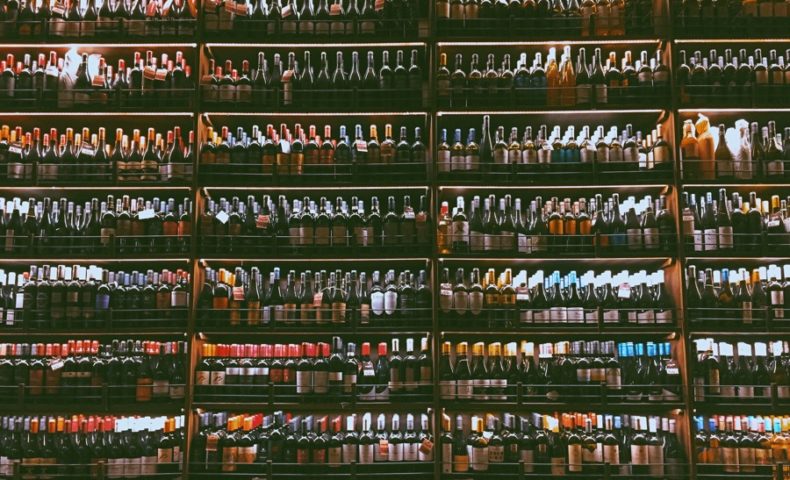
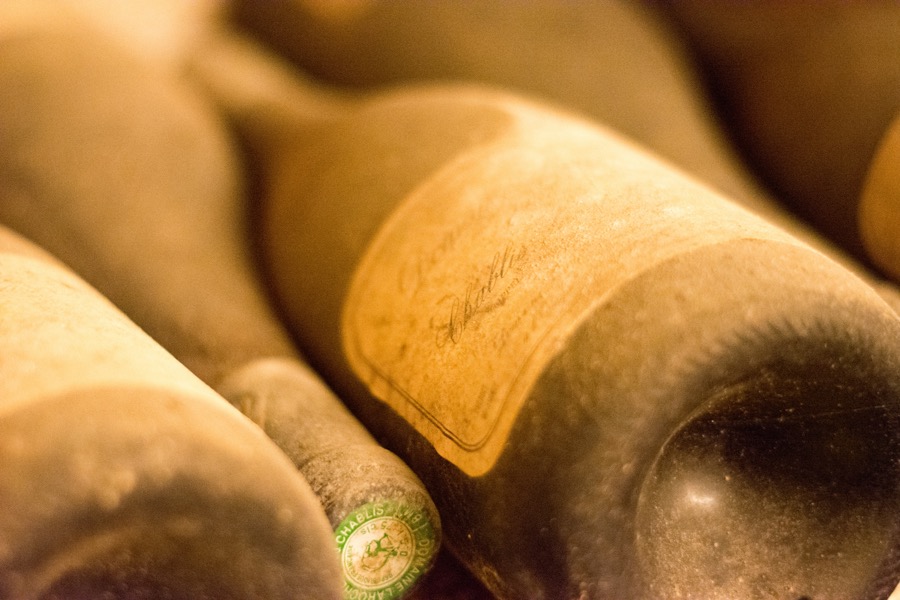
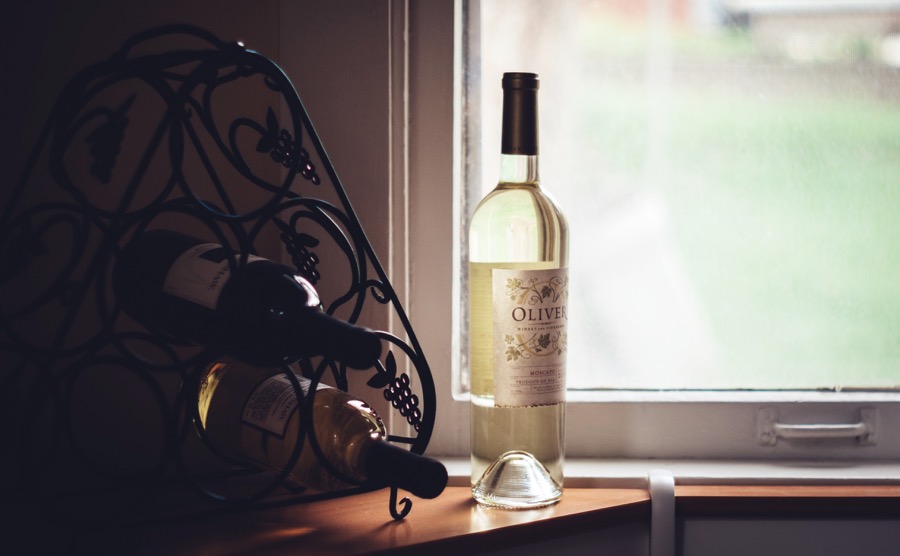
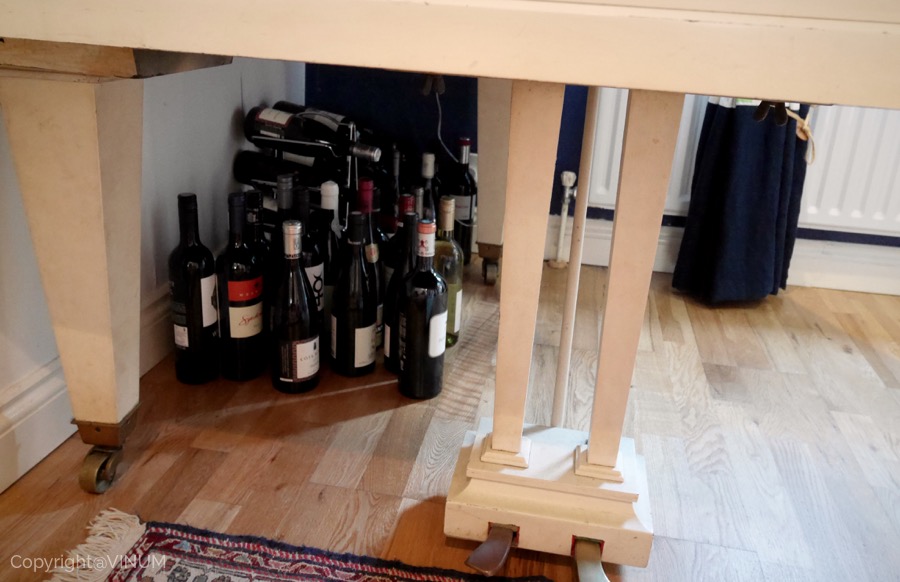



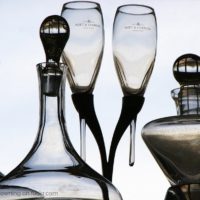



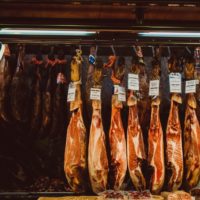
 日本語
日本語